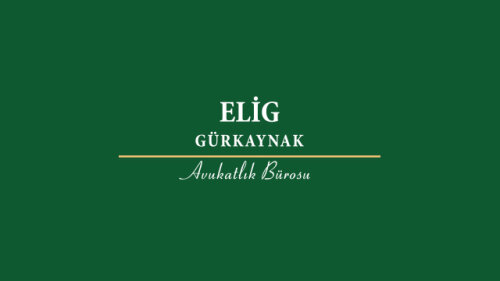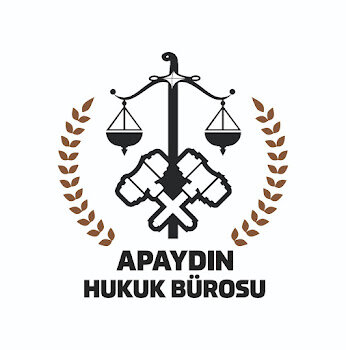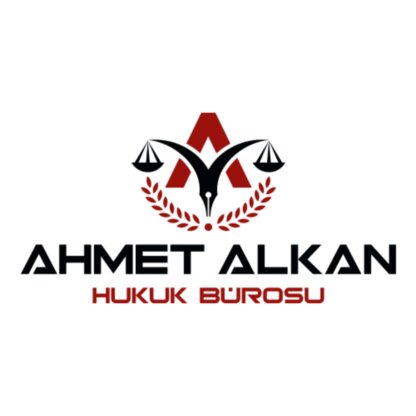Best Native People Lawyers in Turkey
Share your needs with us, get contacted by law firms.
Free. Takes 2 min.
Or refine your search by selecting a city:
List of the best lawyers in Turkey
About Native People Law in Turkey
In Turkey, the term "Native People" generally refers to groups with distinct cultural identities that predate modern state boundaries. Unlike in some countries, there isn't a clear legal framework or recognition specifically for indigenous peoples within Turkey's legal system. However, there are several ethnic and cultural groups, including Kurds, Circassians, Armenians, and others, who have distinct heritages. The Turkish government has historically emphasized a unified national identity, which has impacted how these groups are addressed legally. Despite this, there are ongoing discussions and evolving perspectives regarding the recognition and rights of such groups both domestically and internationally.
Why You May Need a Lawyer
Individuals and groups identifying as Native Peoples or belonging to ethnic minorities in Turkey may require legal assistance for several reasons:
- Cultural Preservation: Legal assistance may be necessary to protect cultural practices, languages, and heritage sites.
- Human Rights Issues: Legal support might be needed to address discrimination or rights violations specific to minority or native groups.
- Land Disputes: Conflicts over land use, ownership, or access can often require legal intervention.
- Education and Language Rights: Advocacy for educational policies that respect and promote the language and culture of native groups may require legal backing.
- Political Representation: Efforts to secure greater political recognition or autonomy can involve complex legal processes.
Local Laws Overview
The Turkish legal system is based on civil law, influenced by European legal traditions. Some key aspects of the law relevant to Native Peoples and minorities include:
- Constitutional Provisions: The Turkish Constitution emphasizes national unity but includes principles that protect individual rights and equality before the law.
- European Union and International Agreements: As a candidate for EU membership, Turkey is encouraged to align with European standards on minority rights. Additionally, Turkey is a signatory to various international treaties that address human rights.
- Language and Cultural Rights: There are specific laws and regulations concerning language use and cultural rights, although these are often areas of legal and political debate.
- Non-Discrimination Laws: Turkish laws prevent discrimination based on ethnicity, though enforcement and interpretation of these laws can vary.
Frequently Asked Questions
What ethnic groups are considered native or minority peoples in Turkey?
Several ethnic groups are considered minorities, including Kurds, Armenians, Greeks, Arabs, Laz people, Circassians, and others. The characterization of groups as "native" is more ambiguous under Turkish law.
Is there official recognition of indigenous peoples in Turkey?
Currently, there is no official recognition or separate legal status specifically for indigenous or native peoples in Turkey; however, ethnic minorities are recognized to some extent.
What rights do minorities have under Turkish law?
The Turkish Constitution and various laws offer general principles of non-discrimination and equality, but practical application and enforcement regarding cultural distinctiveness may be inconsistent.
How can minority rights be protected in Turkey?
Minority rights protection often involves legal advocacy, public policy initiatives, and engagement with international human rights bodies advocating for broader recognition and equality.
Are there specific laws about preserving cultural heritage?
Yes, Turkey has laws protecting cultural heritage, but enforcement can be variable, and there may be challenges in legally protecting intangible cultural heritage.
Can minorities litigate for language rights in education?
Litigation for language rights in education is challenging but possible, often requiring strategic legal action in domestic courts or appeals to international human rights bodies.
What are the laws regarding political representation of minorities?
While there are no specific laws ensuring political representation of minorities, general democratic structures allow for political participation, though challenges remain regarding fair representation for many groups.
Is legal assistance available specifically for native or minority groups?
There are legal organizations and NGOs that provide assistance, although availability may be location-specific and depend on the legal issue at hand.
What role do international organizations play in minority rights in Turkey?
International organizations monitor Turkey’s compliance with human rights standards and advocate for improved minority rights protections and recognition.
How can international treaties affect native peoples' rights in Turkey?
International treaties to which Turkey is a party can influence domestic legal practices, especially regarding human rights norms and minority protections, though domestic adoption varies.
Additional Resources
Here are some organizations and governmental bodies that may provide support or information:
- The Turkish Human Rights and Equality Institution
- The Bar Association of Turkey, for legal referrals and resources
- NGOs such as the Human Rights Association (IHD) which may offer advocacy and support
- International bodies like the European Court of Human Rights (for significant rights violations)
Next Steps
If you need legal assistance related to Native Peoples in Turkey:
- Identify the specific legal issue you are dealing with (e.g., discrimination, land dispute, cultural rights).
- Contact a local lawyer experienced in human rights or minority issues through the Turkish Bar Association.
- Reach out to relevant NGOs or international organizations for advice and potential support.
- Gather any evidence or documentation related to your case to prepare for legal consultations.
Engage with legal professionals to explore all available options, including local and international avenues for justice and rights protection.
Lawzana helps you find the best lawyers and law firms in Turkey through a curated and pre-screened list of qualified legal professionals. Our platform offers rankings and detailed profiles of attorneys and law firms, allowing you to compare based on practice areas, including Native People, experience, and client feedback.
Each profile includes a description of the firm's areas of practice, client reviews, team members and partners, year of establishment, spoken languages, office locations, contact information, social media presence, and any published articles or resources. Most firms on our platform speak English and are experienced in both local and international legal matters.
Get a quote from top-rated law firms in Turkey — quickly, securely, and without unnecessary hassle.
Disclaimer:
The information provided on this page is for general informational purposes only and does not constitute legal advice. While we strive to ensure the accuracy and relevance of the content, legal information may change over time, and interpretations of the law can vary. You should always consult with a qualified legal professional for advice specific to your situation.
We disclaim all liability for actions taken or not taken based on the content of this page. If you believe any information is incorrect or outdated, please contact us, and we will review and update it where appropriate.
Browse native people law firms by city in Turkey
Refine your search by selecting a city.
















